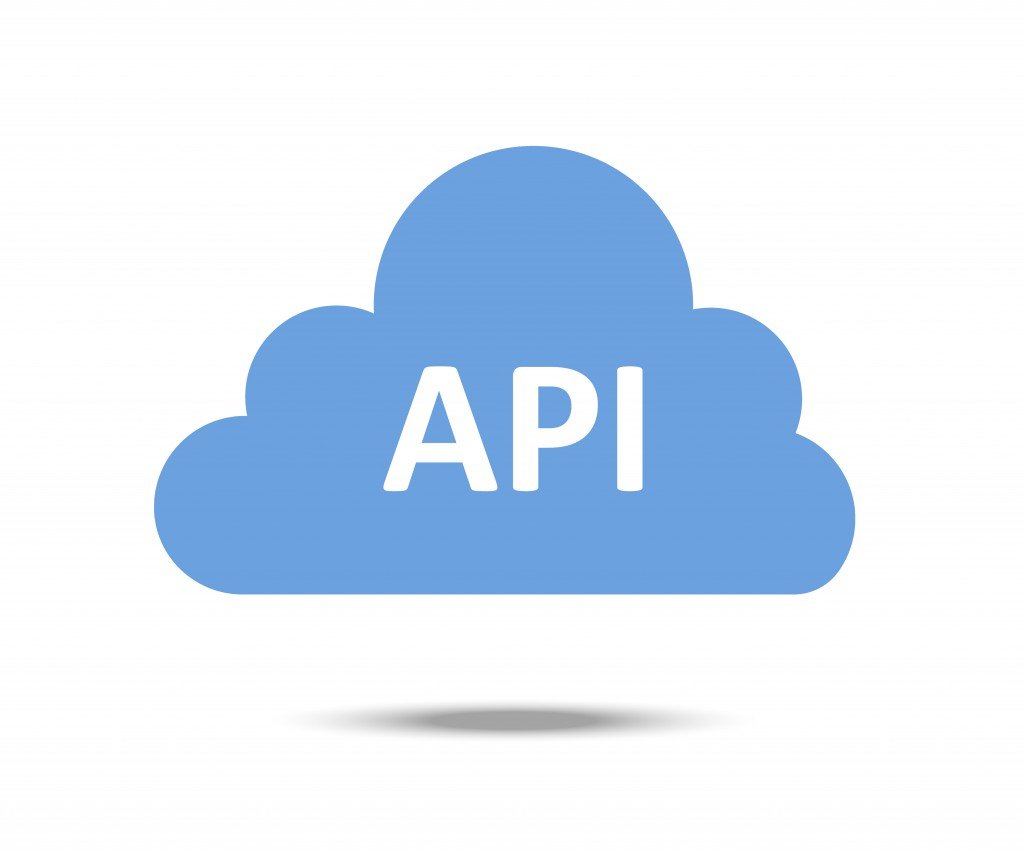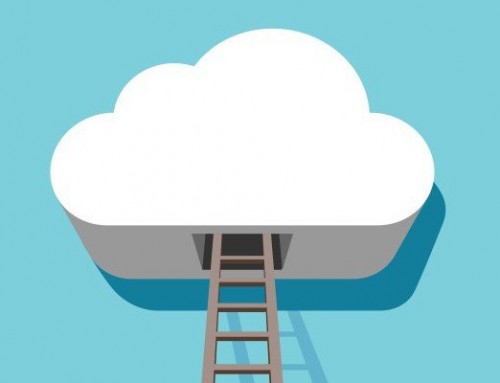The rise of APIs and why you need a versatile cloud-based ERP Solution

The performance of a business and the people is strongly influenced by the quality of the systems that govern how the business operates.
Broken and disconnected systems cause confusion and inefficiency. Whereas frictionless and highly integrated systems allow for smoother and more accurate workflows, squeezing more productivity and customer value into every day.
That’s why smart business leaders leverage cloud-based platforms that unify the way data and processes are managed by all parts of an enterprise. MYOB Acumatica (formerly MYOB Advanced) is a sought-after Enterprise Resource Planning (ERP) solution for small to medium businesses for this reason.
However, many businesses run multiple SaaS applications and have rapidly changing requirements when it comes to the functions, channels, and technologies required to service customers and grow revenues.
Your ability to benefit from an expanding cloud-based ecosystem will increasingly depend on flexible Open APIs that help you link, secure and manage applications and data for a more connected business.
APIs underpin essential business connectivity
Application programming interfaces (APIs) allow two applications to connect, based on a set of rules that dictate the kind of data and services that can be accessed or shared. An API may be private or publicly available (called an Open API).
Ed Anuff from API platform Apigee said that APIs are the foundations on which modern business is built and will become even more significant as businesses seek to transform digitally and adopt an array of cloud technologies.
“Many competitive, forward-looking businesses now think about APIs not just as an integration technology to connect apps and data but as software products that empower developers to unlock new digital business models and opportunities.”
He argues that APIs can improve how you do business with customers across an evolving array of channels, devices, transactions and interactions. “Today, essentially everything that goes into making a company more digital — delivering new customer experiences, building software ecosystems, moving to multi-cloud environments — involves APIs,” Anuff said.
Complex cloud-based architectures require Open APIs
APIs have been used to connect software products since the early 90s, but the data didn’t flow easily and it required intensive IT expertise and maintenance to keep systems from breaking. Tiny changes to the architecture or code of one application could cause hard-coded APIs to fail and require complex fixes and integration testing to get back up and running.
Today, Open APIs provide easier access to applications for cloud-to-cloud integration.
Seamlessly integrating cloud applications ensures your business can share data and functionality that helps you to meet the demands of customers for fast, personalised and high-quality products and services.
Open APIs make seamless, cloud-based business management a reality by:
- Using an open-source framework with universal language and standards.
- Minimising developer effort through clear communication and easy access.
Given that Open APIs are vendor-agnostic: they open up richer possibilities when it comes to extending a software product’s capabilities while maintaining security and continuity of data and processes.
MYOB Acumatica’s Open API allows you to enhance your systems by:
- Integrating multiple cloud-based applications or bespoke software and sharing data
- Using (or developing your own) third-party applications that extend your ERP’s functionality
Let’s say, for example, your business uses MYOB Acumatica and a bespoke application for inventory data planning and forecasting. By connecting your platforms via MYOB Acumatica’s Open API you can ensure that information about inventory levels and movement captured in your ERP system is seamlessly shared with the separate forecast/planning system—and vice versa, which improves the accuracy of purchasing, inventory management and order management. It’s even possible to automatically generate supplier purchase orders in MYOB Acumatica based on data drawn in from the forecasting tool.
MYOB is focused on connecting your business
Although the benefits are apparent, not all cloud ERP solutions offer Open APIs.
Reasons some vendors don’t offer Open APIs may include:
- They believe locking down their application offers a competitive advantage.
- They don’t want to invest the time and money into staying abreast of API technology.
MYOB has a very different approach. The company has always been on the front foot when it comes to using technology. MYOB originally offered screen-based APIs exposed as a SOAP interface, launched contract-based APIs and support for OData, and then adopted a REST-based system and continued to expand the coverage of its REST endpoints with every new release.
The MYOB Acumatica API is so flexible that a power user can extend the web service endpoints themselves to include any required data from the system including custom or user-defined fields in the ERP database.
Unlike many of its competitors, the company has made open architecture that’s adaptable and scalable a genuine priority. This enables external, third-party developers to connect with the system so businesses can select from a broad range of complementary solutions.
Open APIs are critical to achieving strategic business goals because they allow for faster, more iterative development. This mirrors the agile approach many businesses are now embracing to ensure they can evolve at the same rate as technological advances or shifting consumer preferences.
If you want great results, you need to be able to manage interdependent activities (and applications) in an integrated way. Choosing a highly flexible ERP like MYOB Acumatica that’s supported by Open APIs is a future-focused move.
Have more questions or keen to adopt a more adaptable ERP solution? Talk to an expert MYOB Acumatica (formerly MYOB Advanced) consultant now.







Leave A Comment